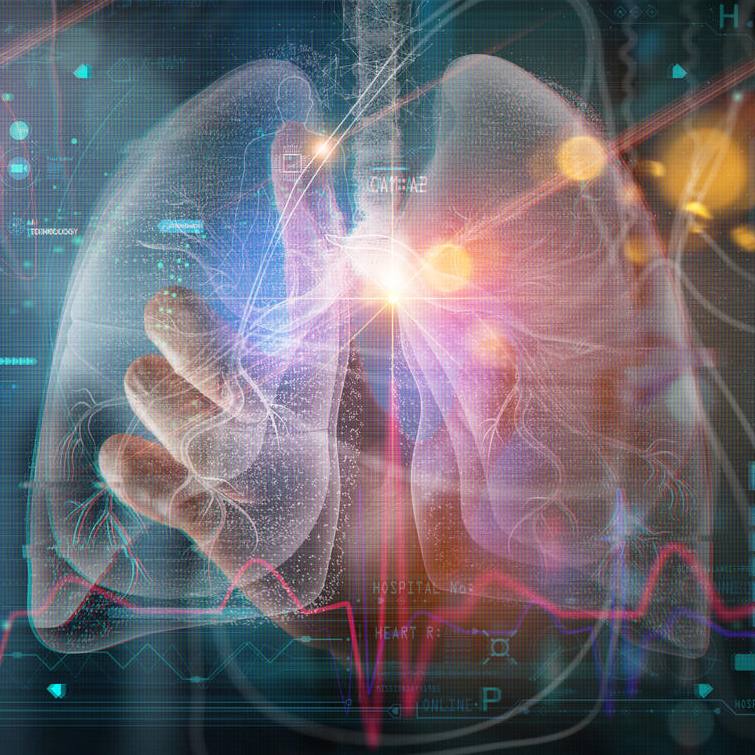-
Housecall: Keeping track of your health history online
 THIS WEEK'S TOP STORIES
THIS WEEK'S TOP STORIES
Personal health records and patient portals
A personal health record is a collection of information about your health. This may include your health care providers' names and contact information, appointment schedules, test results, medications and dosages, and dates of illnesses and surgeries. Electronic personal health records make your information accessible to you anytime via web-enabled devices, such as computers, smartphones and tablets. In an emergency, you can quickly give first responders vital information. Learn how technology can help you track your health history.
Salmonella infection
Salmonella infection usually is caused by eating raw or undercooked meat, poultry, eggs or egg products. The incubation period ranges from several hours to two days. Typically, people with salmonella infection have no symptoms. Others develop diarrhea, fever and abdominal cramps within eight to 72 hours. Most healthy people recover within a few days without specific treatment. In some cases, the diarrhea associated with salmonella infection and the resulting dehydration can require prompt medical attention. Life-threatening complications also may develop if the infection spreads beyond your intestines. Learn how to reduce your risk of salmonella infection.
EXPERT ANSWERS
Is endometriosis possible after menopause?
The hormone estrogen likely contributes to endometriosis. Once you reach menopause, your body produces little estrogen, so experiencing endometriosis after menopause is rare. Some women continue to experience endometriosis symptoms after menopause, though, and there have been reports of women diagnosed with endometriosis after menopause without prior symptoms. Learn more from Dr. Sandhya Pruthi, a Mayo Clinic general internal medicine physician.
What are the symptoms of a hypertensive crisis?
A hypertensive crisis is a severe increase in blood pressure that can lead to a stroke. Signs and symptoms of a hypertensive crisis that may be life-threatening include severe chest pain; severe headache, accompanied by confusion and blurred vision; nausea and vomiting; and shortness of breath. Learn more from Dr. Sheldon Sheps, an emeritus Mayo Clinic hypertension and peripheral vascular diseases specialist.
PLUS ADDITIONAL HIGHLIGHTS
Weight-loss goals: Set yourself up for success
Sleepwalking
Burns
Video: 'Organ transplant in highly sensitized patients'
HEALTHY RECIPES
6-grain hot cereal
Gazpacho with chickpeas
Marinated portobello mushrooms with provolone
Mediterranean-style grilled salmon
HEALTH TIP OF THE WEEK
Use sunblock to avoid cold sores
No one likes cold sores. These tingling, red lip blisters are tough to hide, and sometimes they're slow to heal. You can help prevent them by applying sunblock on your lips and face year-round. Avoid kissing anyone who has a cold sore, and don't share utensils, lip balm, towels or other personal items.
Need practical advice on diet and exercise? Want creative solutions for stress and other lifestyle issues? Discover more healthy lifestyle topics at mayoclinic.org.
Receive a free e-subscription to Housecall and other health newsletters.







